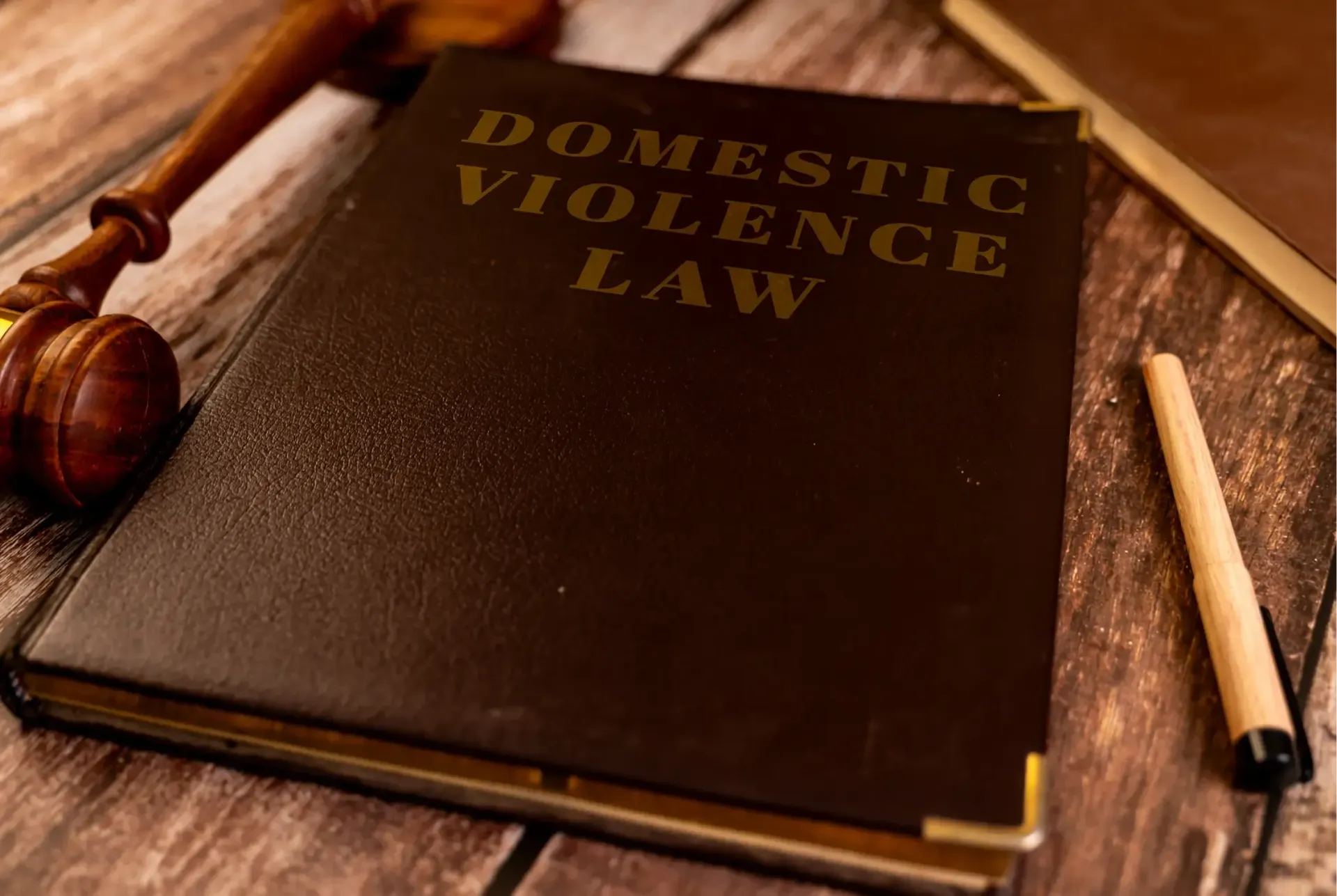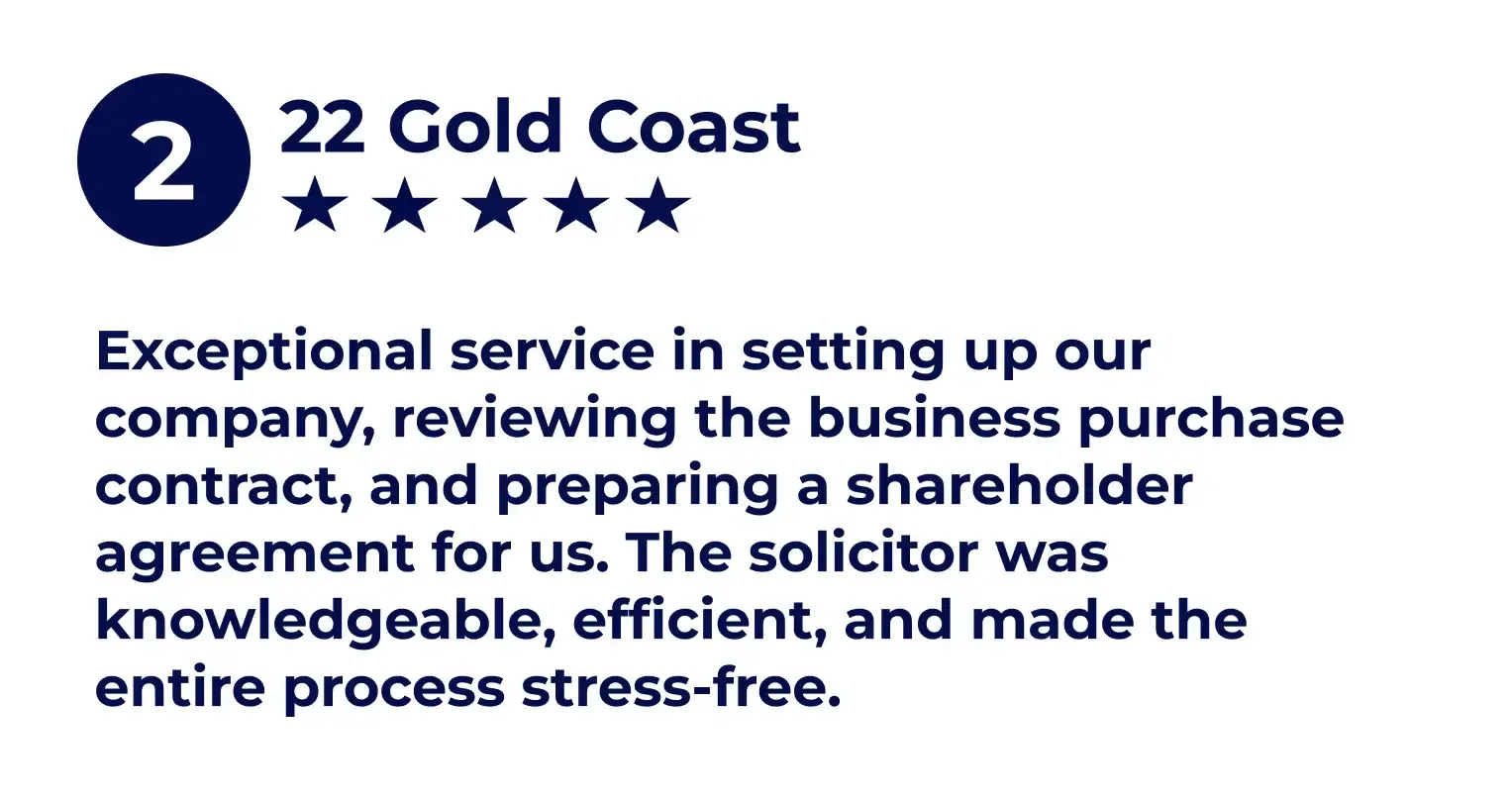DOMESTIC VIOLENCE
Domestic Violence Legal Services on the Gold Coast and Northern NSW
UNDERSTANDING AND ADDRESSING DOMESTIC VIOLENCE: LEGAL SUPPORT ON THE GOLD COAST AND NORTHERN NSW
Domestic violence is a serious and widespread issue affecting individuals and families. It involves a range of abusive behaviours—not just physical violence and can have devastating emotional, psychological, and financial consequences for victims. Understanding the various forms of abuse, the legal protections available, and the support services in place is essential for those experiencing domestic violence, as well as for those seeking to support them.
FORMS OF DOMESTIC VIOLENCE
Domestic violence takes many forms, including:
- Physical Abuse: This involves any form of physical violence, such as hitting, slapping, kicking, pushing, shoving, biting, scratching, choking, or using weapons. It also includes depriving someone of basic needs like food, shelter, or sleep.
- Emotional Abuse: This type of abuse aims to undermine a person's self-worth and sense of reality. It can include constant criticism, insults, name-calling, belittling, humiliation, threats, intimidation, isolation from family and friends, and controlling behaviour.
- Verbal Abuse: This involves the use of words to hurt, demean, or control another person. It can include shouting, yelling, name-calling, insults, threats, and constant criticism.
- Sexual Abuse: This encompasses any unwanted sexual contact, including forced sexual activity, sexual coercion, and sexual harassment. It also includes using sexually suggestive comments or gestures to intimidate or humiliate someone.
- Economic Abuse: This involves controlling a person's finances, preventing them from working, or sabotaging their employment. It can also include withholding money for basic necessities or making financial decisions without the other person's input.
- Social Abuse: This involves isolating the victim from their support network, such as family and friends. The abuser might monitor their social media, control who they see, or make it difficult for them to leave the house.
- Technological Abuse: This is a newer form of abuse that involves using technology to harass, stalk, or control a partner. This can include sending abusive text messages, monitoring their online activity, or using GPS tracking to follow their movements.
WHY CHOOSE CJM LAWYERS?
If you are experiencing domestic violence, please reach out for help. You can contact:
- National Domestic Violence Hotline: This national hotline provides 24/7 support and information to people experiencing domestic violence.
- State-based Domestic Violence Services: Each state and territory in Australia has its own domestic violence services that can provide support, counselling, and emergency accommodation.
CONTACT US TODAY
Don’t let legal challenges stand in the way of your safety and peace of mind. CJM Lawyers are here to support you every step of the way.
Get in Touch: Contact us at 1300 245 299 or cjmlaw.com.au for more information
Our Latest Story











































